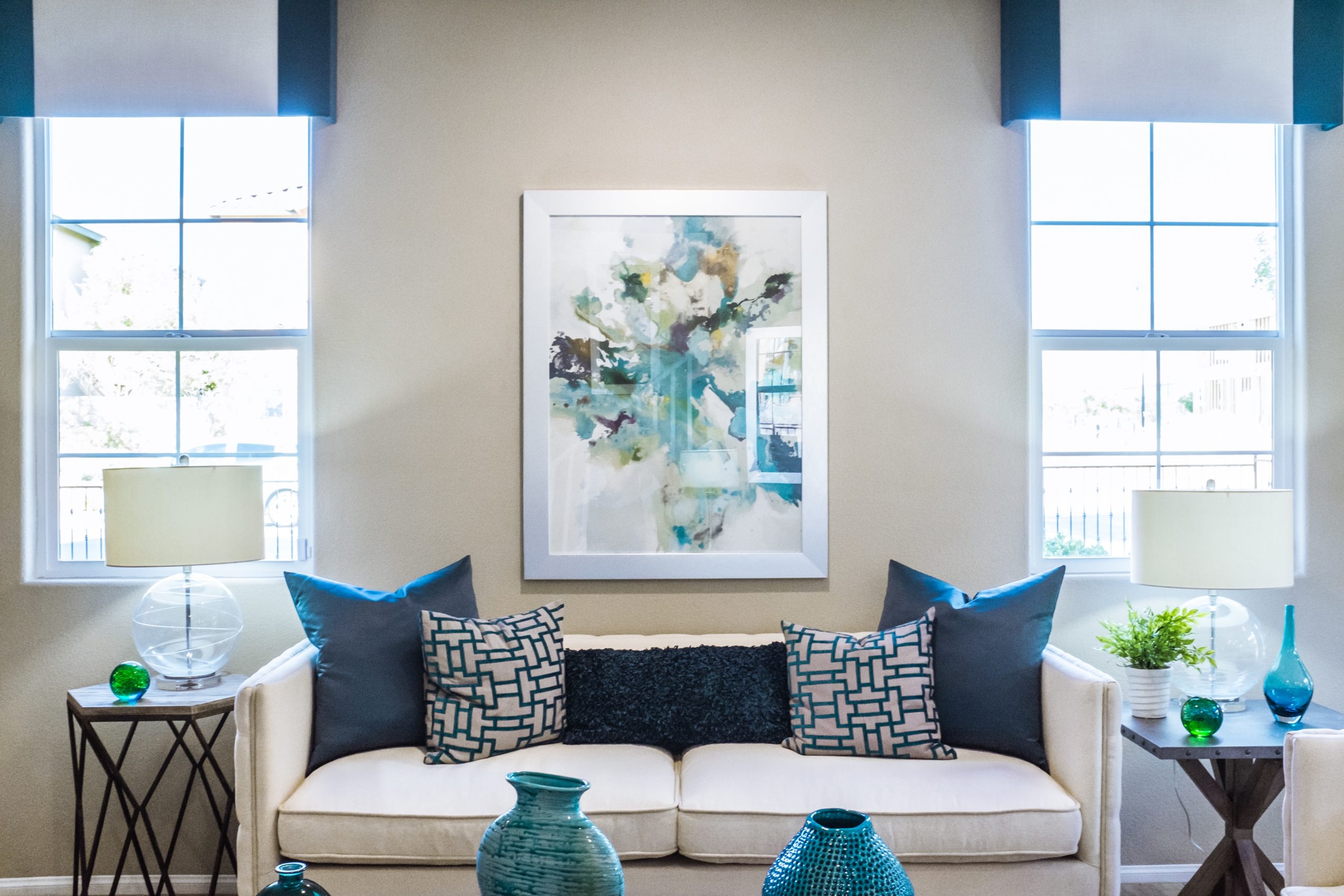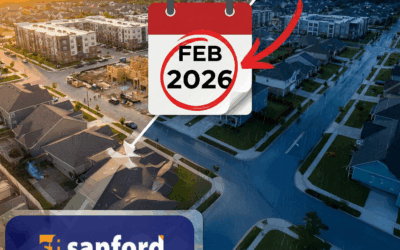From 16 January 2023, NSW First Home Buyers will have the option to swap stamp duty for an ongoing property tax with the NSW Government’s First Home Buyer Choice policy.
Whilst this is welcome news for many first home buyers, particularly those who don’t qualify for any stamp duty concessions, there are key efficiencies missing from the policy that could add upwards pressure to housing demand in what is an otherwise soft market – so let’s dive into how it might impact you.
What is the First Home Buyer Choice Policy?
- Beginning on 16 January 2023, first home buyers will be able to opt out of paying stamp duty in favour of an ongoing annual payment.
- If the property purchase settles before 15 January 2023, buyers can still access the scheme by seeking a reimbursement on stamp duty from 2023.
- This policy applies to properties valued under $1.5 million and vacant land purchases below $800,000.
- Only owner occupiers can access this scheme, however, properties can be later converted to an investment, with a markedly higher rate of ongoing property tax.
- Purchasers must move into the property within 12 months of purchasing the property and must live in it continuously for a minimum of 6 months before it becomes an investment.
- The annual property tax will be equal to $400 per annum, plus 0.3% of the value of the land.
- The property will not be subject to an ongoing property tax once it is sold on.
- The average property tax payment is set to grow in line with the Gross State Product per capita (a measure of average income). Over the last 15 years, GSP per capita has seen an average growth of 3.2%. Legislation states that individual property taxes cannot grow by more than 4% per year.
- Stamp duty exemptions will still apply for properties below $650,000 (no stamp duty required) and stamp study concessions will still apply for properties below $800,000 (stamp duty sliding scale)
- Only first home buyers will have the option to pay an ongoing property tax, whilst all other buyers must pay stamp duty.
What are the pros and cons of this scheme?
Not paying a lump sum sounds like a great idea – but who will the scheme actually benefit?
Removing stamp duty for first home buyers certainly saves on up-front costs of buying a home, however, it does have its downsides. Here are some to consider:
Downsides of the First Home Buyer Choice Policy:
- By opting for the ongoing property tax, you have an additional annual cost to budget each year (in addition to things like council rates, home insurance etc)
- Home values may increase as first home buyers do not have to factor in stamp duty into their purchase price, therefore they have more money to put towards their home purchase.
- For buyers looking to buy a home to live in for many years, the annual fee may end
up costing more than the stamp duty. It’s estimated that the breakeven point for expenditure on stamp duty and property tax is between 36-63 years for units and 21-29 years for houses.
The Benefits of the First Home Buyer Choice Policy:
- Modelling by the NSW Treasury estimates that the majority of first home buyers purchasing a property between $800,000 and $1.5 million would pay less on ongoing property tax than stamp duty as first home buyers are thought to have relatively short hold periods.
- First home buyers will have more money to put towards the purchase price as they don’t need to factor in stamp duty costs.
- Up-front costs are reduced significantly.
- For FHB’s looking to later sell their property, the savings on property tax may be put towards the purchase price, ultimately benefiting them later.
Which is the right choice for you?
Unfortunately the answer isn’t a simple yes or no, but we are here to help. If you’re looking to purchase property in 2023, get in touch to discuss your options and find out how we can help you secure your dream home.




